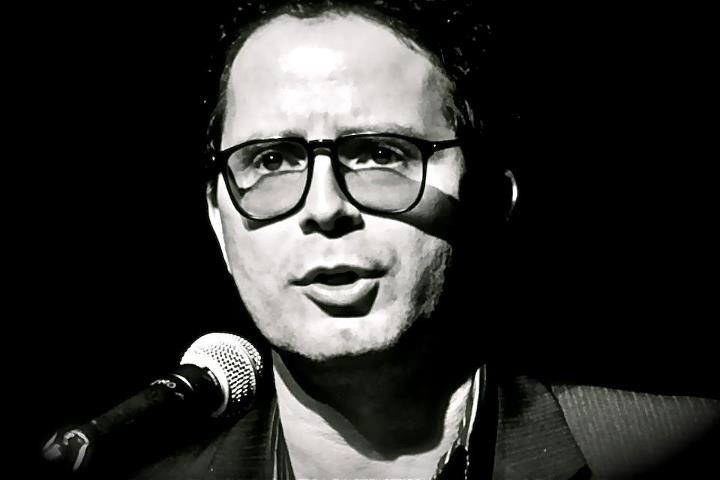Folks,
Since 2006, we've been keeping you up to date with the horrific "false positives" scandal in Colombia, where the military were rounding up young people, often promising them jobs, then killing them, dressing them as FARC guerillas, and chalking them up as combat deaths. Although a number of top officials were dismissed in a high profile photo op by President Uribe in September 2008, it looks like impunity for the crimes is the rule of the day. Here is a brief update from Adam Isaacson of Center for International Policy, CIP-Colombia.MAMA
*********************************************************************
It is with revulsion that we learn of a Colombian court’s decision yesterday to release 17 Colombian Army personnel for the 2008 Soacha murder case.
The officers and soldiers were awaiting trial for conspiring to kidnap and kill unemployed young men in a slum on Bogotá’s outskirts, only to present their bodies hundreds of miles away as those of armed-group members killed in combat. By raising their “body count” through this unconscionable scheme, the soldiers qualified for a schedule of rewards, as established by Defense Ministry orders. This so-called “False Positives” scandal now involves hundreds of cases since 2002 under official investigation all over Colombia, with over 1,000 potential victims.
Because of its high-profile nature — it forced the resignation of Army chief Gen. Mario Montoya — the Soacha case is a key test of whether Colombia would be able to investigate and punish these crimes.
Colombia is failing that test. Yesterday, 17 alleged perpetrators were released because a judge decided that prosecutors’ time had run out. This issue had come up before, in October. At the time, a judge avoided letting the soldiers go free, giving prosecutors a 90-day extension. He agreed that most of the delay was the fault of the soldiers’ defense lawyers, who were clearly trying to “run out the clock” by throwing up a series of procedural roadblocks, including demands that the murders be tried in Colombia’s military justice system instead of the civilian courts.
It appears that the delaying tactics have worked. The message this sends about impunity for human rights abuse — even in the most egregious cases, like Soacha — could hardly be more poisonous. It is also a huge slap in the face to the Soacha victims’ grieving relatives, who had already been receiving threats.
The UN High Commissioner for Human Rights Office in Colombia had uncharacteristically strong words about yesterday’s events.
“I am extremely worried about the impact and the repercussions that this decision could have over the more than 1,200 cases of extrajudicial executions that the Prosecutor-General’s Human Rights Unit is investigating, as well as on the mothers of the victims and the witnesses,” said Christian Salazar Volkmann, representative in Colombia of the UN High Commissioner for Human Rights. The Office continues to view as extremely serious the pattern under which many of these acts were committed.
Even Colombia’s Ministry of Defense, headed by a minister who has called human rights prosecutions were the work of “enemies of the fatherland,” appeared chagrined, calling on the justice system to continue its investigations and prosecutions of the Soacha cases, even with so many of the perpetrators now once again enjoying their freedom.
For the U.S. government, the implication of yesterday’s move is clear: as long as impunity continues to reign in these “false positives” cases, it is impossible to certify that Colombia’s human rights performance is improving.

No comments:
Post a Comment